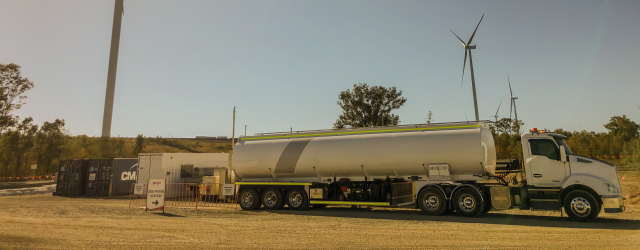Environmental Sustainability
We recognise the important role the construction industry plays in meeting society’s present needs without compromising the ability of future generations to meet their own needs.

We recognise the important role the construction industry plays in meeting society’s present needs without compromising the ability of future generations to meet their own needs.
The membership of the Australian Constructors Association (ACA) supports principles of responsible consumption, production and regeneration whilst providing safe, secure and inclusive jobs that create the built environment required by modern society.
This page will be updated as our Sustainability Advisory Group continues to contribute additional work and insights.
Decarbonisation presents unique challenges for construction. As with most industries, electrification represents the most promising long-term solution for eliminating construction emissions. Yet the likely path of technological change will see electric alternatives estimated to be available for only 40 per cent (by energy use) of construction equipment by 2030 and 60 per cent by 2040. Firms also face significant economic disincentives to abandoning existing assets, particularly before the end of their useful life, which will further slow the rate of transition to electric.
Put simply, waiting for electrification to mature is incompatible with Australia’s net zero commitments. We must pursue alternatives in the interim. ACA advocates for a tiered approach to decarbonising construction that embraces the long-term ambition of electrification while pragmatically adopting other low carbon liquid fuels in the interim.
Renewable diesel stands out as the most cost-effective, feasible and readily deployable transition fuel where electric options are unavailable. It is a 100 per cent drop in fuel so can directly substitute mineral diesel and enables equipment and machinery to live out its working life while zero-emission technology matures. Renewable diesel is also the most promising option for applications where zero-emission technology does not emerge.
Without a reliable and affordable supply of renewable diesel, it will not be possible to reduce construction emissions to levels compatible with national emission reduction targets. This supply will not materialise by accident.
A domestic renewable diesel industry will provide a range of benefits beyond decarbonisation. It has the potential to generate significant employment in areas with abundant feedstocks, improve incomes, community resilience, and fuel security. Much of these gains will accrue to regional Australia.
Click on ACA member logos below to view renewable diesel examples